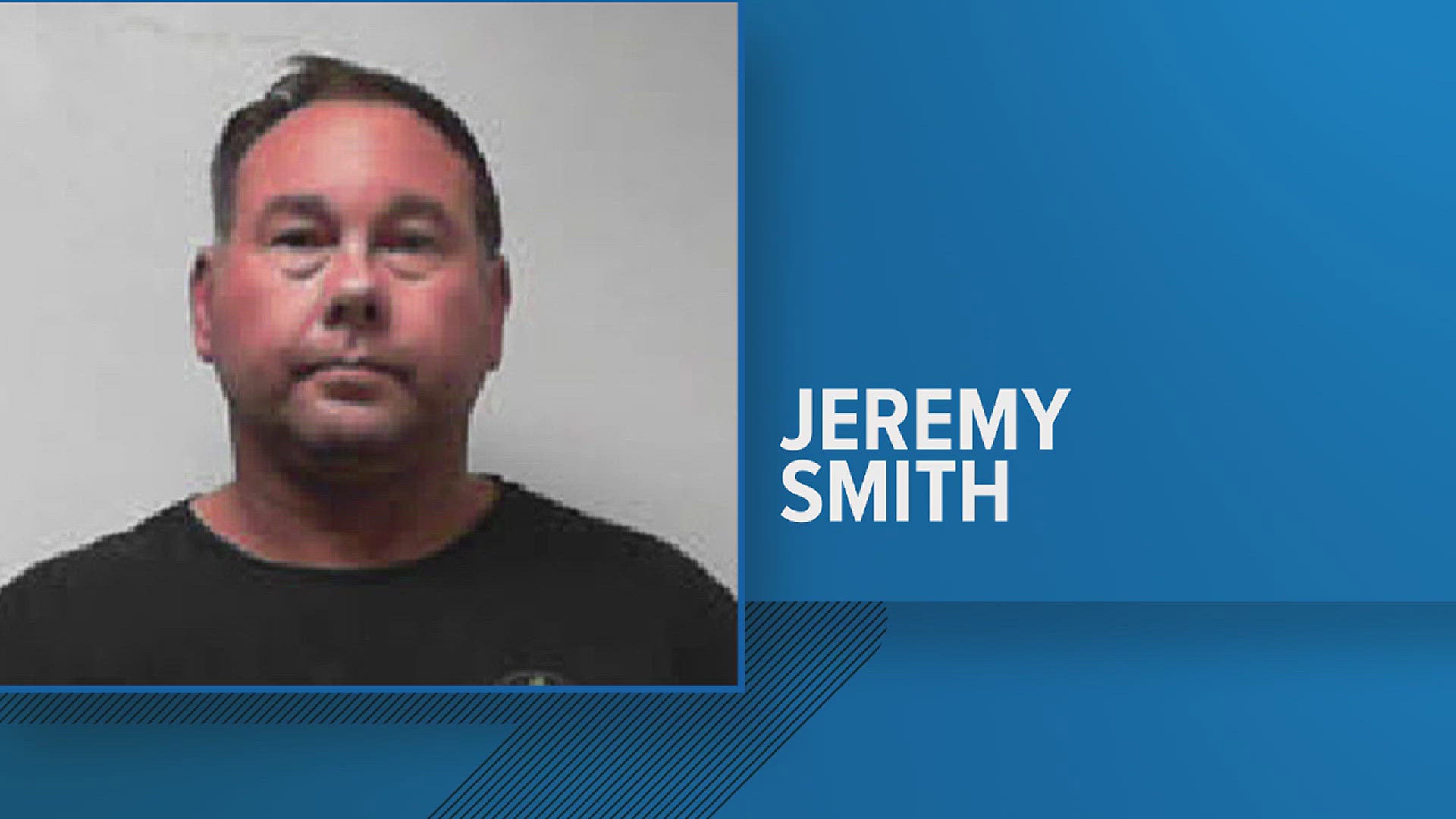
By GEETIKA RUDRA
July 10, 2013
Twenty-one inmates on Missouri's death row have sued the state's Department of Corrections in federal court, alleging that the state's new lethal injection protocol -- which calls for a single injection of the powerful sedative propofol -- constitutes cruel and unusual punishment.
The Missouri Supreme Court has since halted all executions by lethal injection in the state as a result of the lawsuit, and now state Attorney General Chris Koster has hinted at bringing back the gas chamber.
The inmates claim in their lawsuit filed last August that Missouri cannot execute by lethal injection, because the injections now contain propofol, which has never been used before in any U.S. execution. The effects of propofol at lethal doses, they argue, are unknown and can never be tested in a clinical trial.
Koster said the federal litigation raises an "artificial hurdle … to prevent the state from carrying out the death penalty. Unless the court changes its current course, the legislature will soon be compelled to fund … alternative methods of execution to carry out lawful judgments," he said last week in a statement.
"Our state legalizes only two methods of execution, execution by lethal injection or execution by lethal gas," Nanci Gonder, a spokeswoman for the attorney general's office, told ABC News. "So if we couldn't execute by lethal injection, the alternative would be by lethal gas."
Lethal gas is "basically a painful process, no matter how you describe it," Richard Dieter, executive director of the Death Penalty Information Center, a nonprofit group that provides data on capital punishment, told ABC News.
"You drop pellets in an acid, which produces a gas that replaces the oxygen in the room. There are multiple ways of producing this gas. You can even use different gases. But either way you are slowly depriving the person of oxygen, making it difficult and then impossible for them to breathe."
Missouri last conducted an execution by lethal gas in 1968, according to Mandi Steele, a public information officer for the Missouri Department of Corrections. The state has since closed its lethal gas chambers, after lethal injections became a more common execution method.
"Currently, there are no operational facilities that are capable of conducting an execution by lethal gas," Steele said. "They would have to be rebuilt."
Dieter does not believe that Missouri will actually reinstate the gas chamber.
"This is just Koster's ploy to put pressure on the Missouri courts to expedite lethal injection executions," Dieter said. "Koster needs the courts to act before the state's supplies of propofol, the drug Missouri uses in lethal injections, runs out."
Missouri has only three batches of propofol left because the drug's manufacturer has stopped distributing it to correctional facilities in the United States. The oldest batch will expire in October 2013, and the newest batch will expire in 2015.
Koster explained the shortage in a request filed in the Missouri Supreme Court on July 1, 2013.
"As each supply expires, the department's ability to carry out lawfully imposed capital sentences diminishes," Koster said.
Missouri's lethal injection shortfall is the latest in a series of drug shortages that have limited states' ability to carry out executions by lethal injection.
"The companies that make the drugs that are normally used in lethal injections did not want their products to be used to carry out the death penalty. A lot of these companies are European and face strong pressure from the European Union to not export drugs into countries where they can be used for executions," Dieter said.
"So states had to scramble to find other drugs they could use. Missouri chose propofol, but now they're in the same situation they were in before," Dieter added.
On May 15, 2012, Missouri changed its lethal injection protocol to include a single lethal dosage of propofol; propofol was one of the drugs in the deadly mix that killed Michael Jackson.
One year later to the day, the sole propofol manufacturer in the United States, Germany-based Fresenius Kabi, announced it would stop distributing its drug to American correctional facilities because the use of the drug for executions conflicted with the company's policy.


